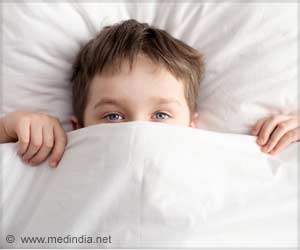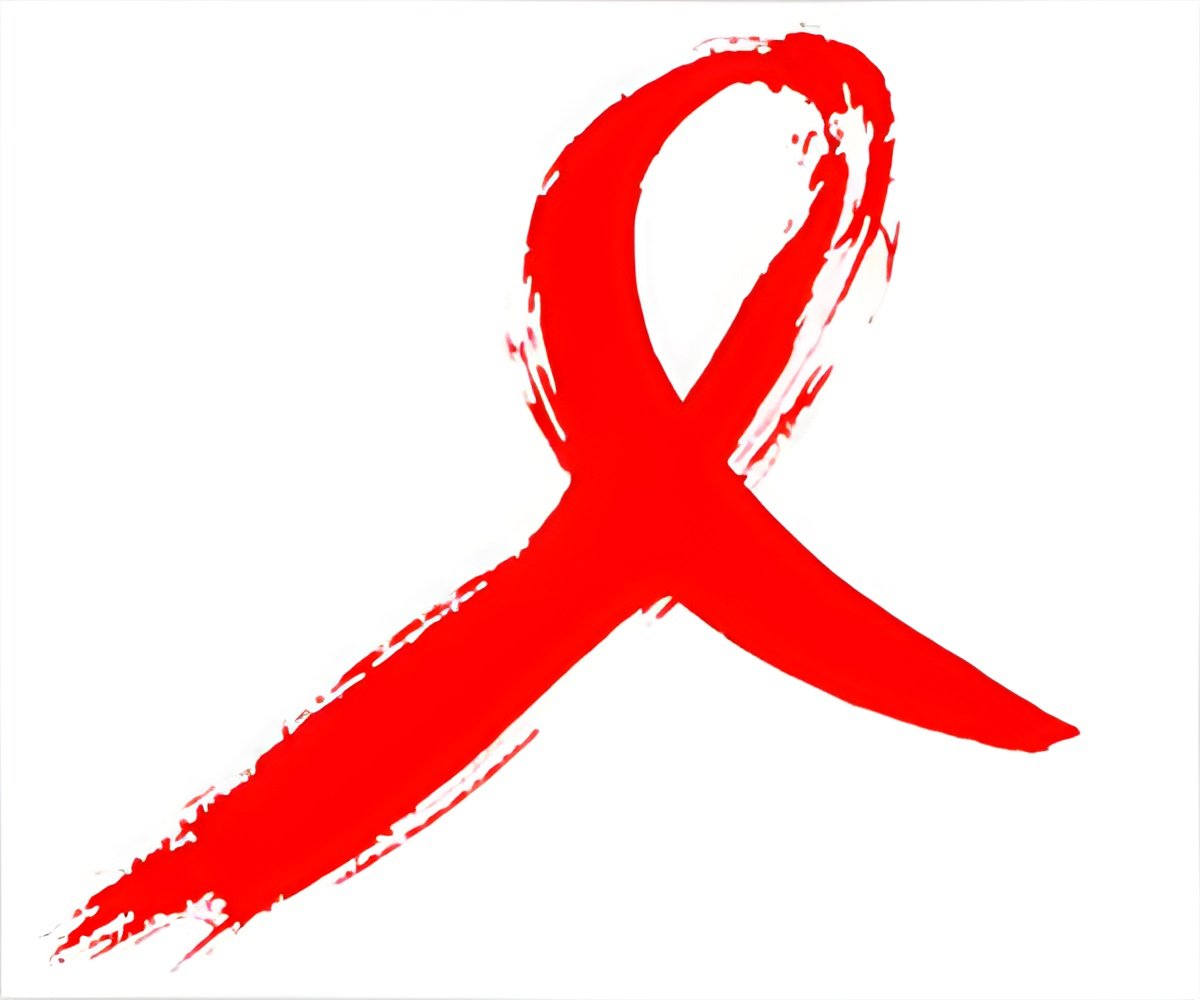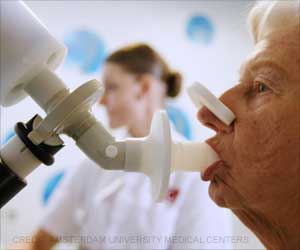Fernandez-Mendoza, an associate professor at Penn State College of Medicine in Hershey, insisted, “Sleep apnea and its risk factors should be screened for, monitored, and targeted early in life to prevent future cardiovascular disease.”
‘Persistent sleep apnea in kids is a critical sleep disorder that might impair their growth and development. Children with sleep apnea are three times more likely to develop adolescent hypertension in the future than their normal counterparts.’
Monitoring the sleep disorder
At the start of this study, the researchers enrolled 700 children aged 5 to 12 years and monitored them in a sleep lab. Then they conducted a follow-up study after about seven years with 421 participants in their adolescent period.
All the data analyses were completed during 2020. The team used polysomnography, a classical sleep type of sleep test, to assess the apnea-hypopnea index (AHI) score of the participants. Further, they measured blood pressure levels and monitored body fat ranges.
Risk of hypertension
On analyzing various parameters, the team found that about 12% of the children under observation had sleep apnea. The outcomes from the analyses of these children revealed that they were nearly three times more vulnerable to develop hypertension when compared to the ones who never had that sleep disorder.
Further data analyses showed that these teens were also more likely to develop orthostatic hypertension, a condition in which blood pressure increases once when an individual takes an upright posture like standing.
“There is limited data on either the short- or long-term impact on cardiovascular risk in this (pediatric) population. The new findings address this knowledge gap and raise awareness of sleep-disordered breathing in children as a public health problem,” said Dr.Marishka Brown, director of the NHLBI’s National Center on Sleep Disorders Research.
Mild pediatric sleep apnea can be treated if diagnosed earlier. In some cases, surgical removal of tonsils and large adenoids might be recommended.
Source: Medindia



